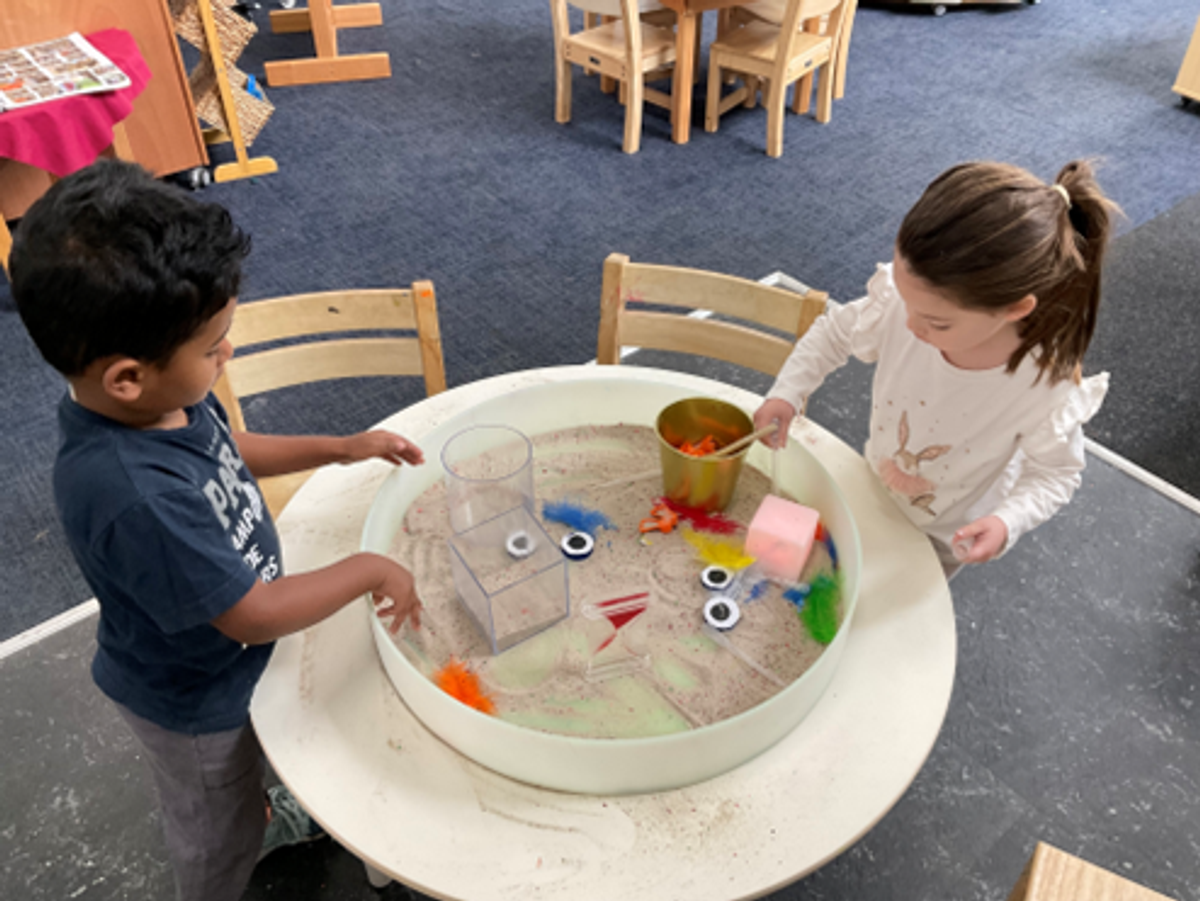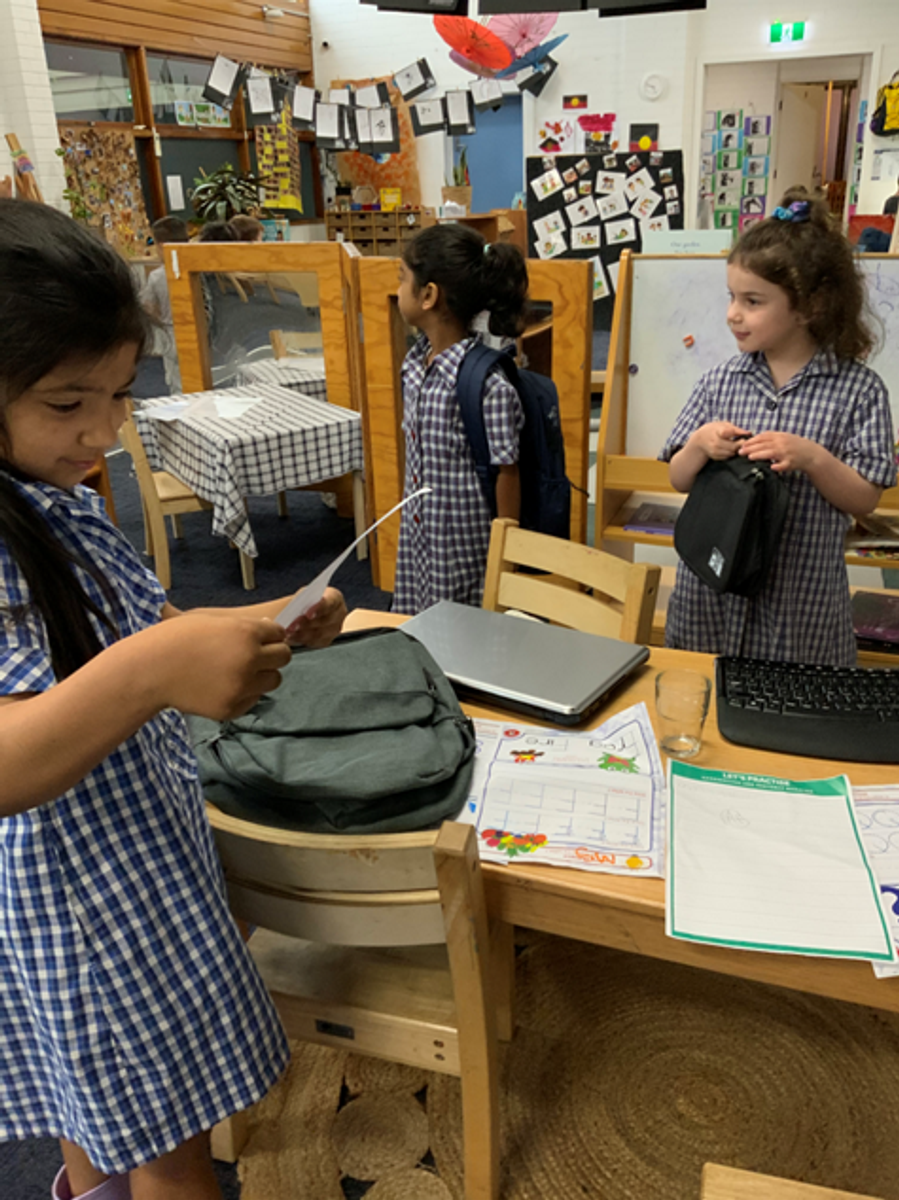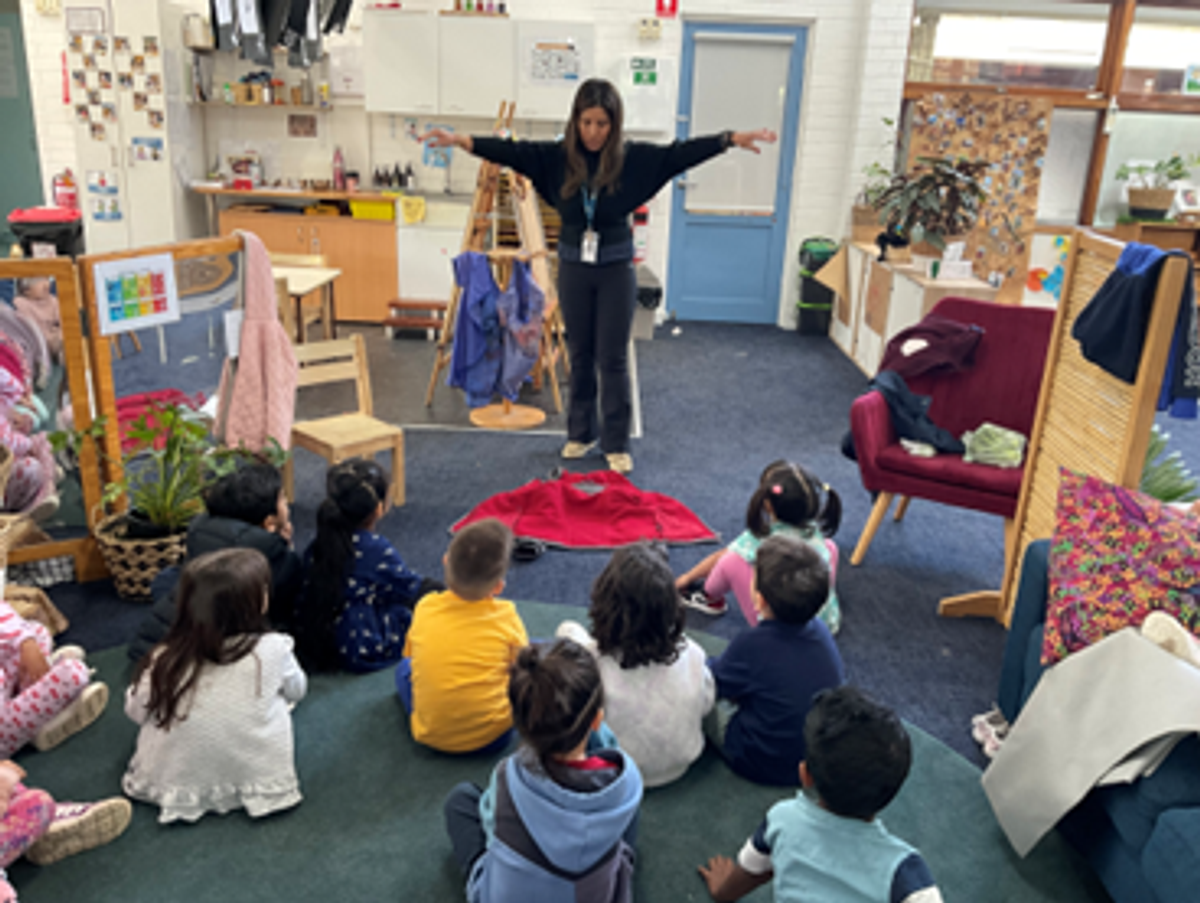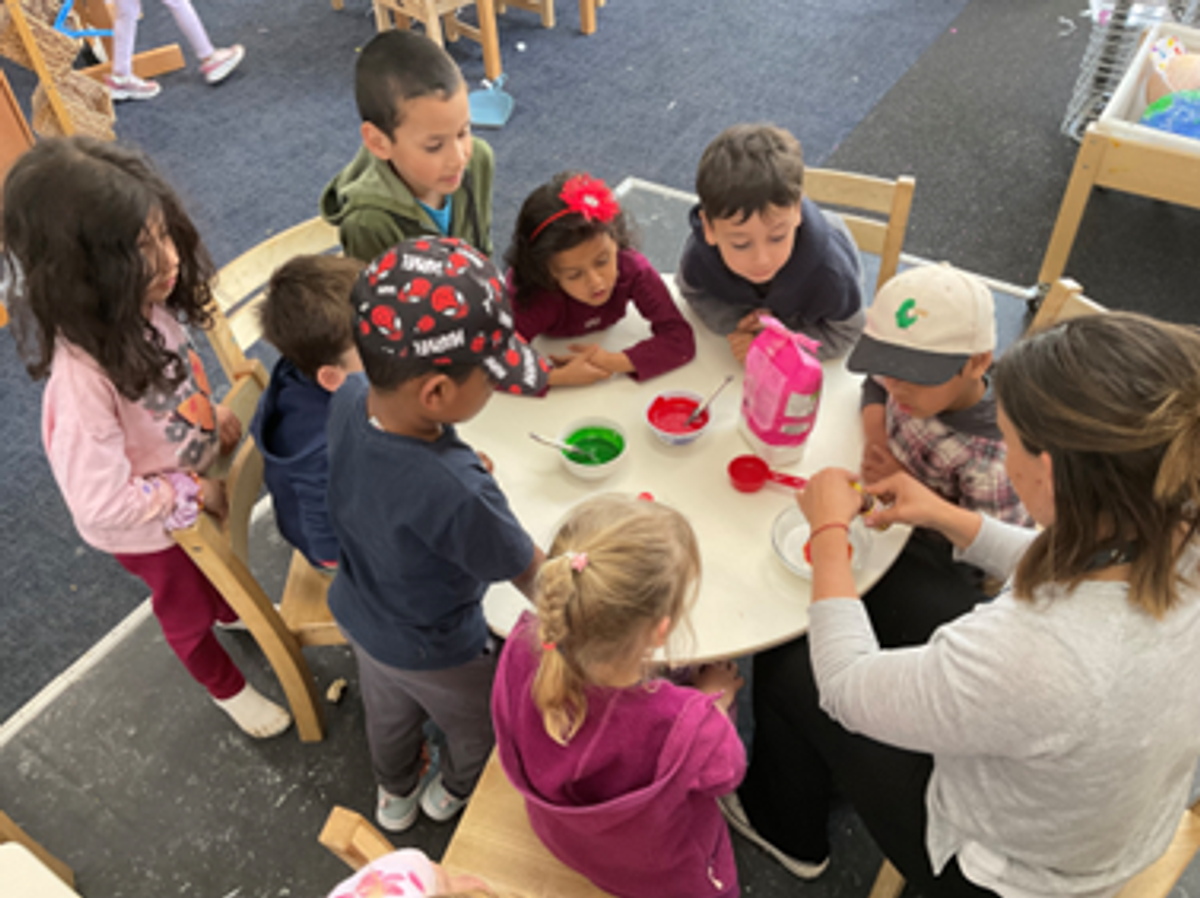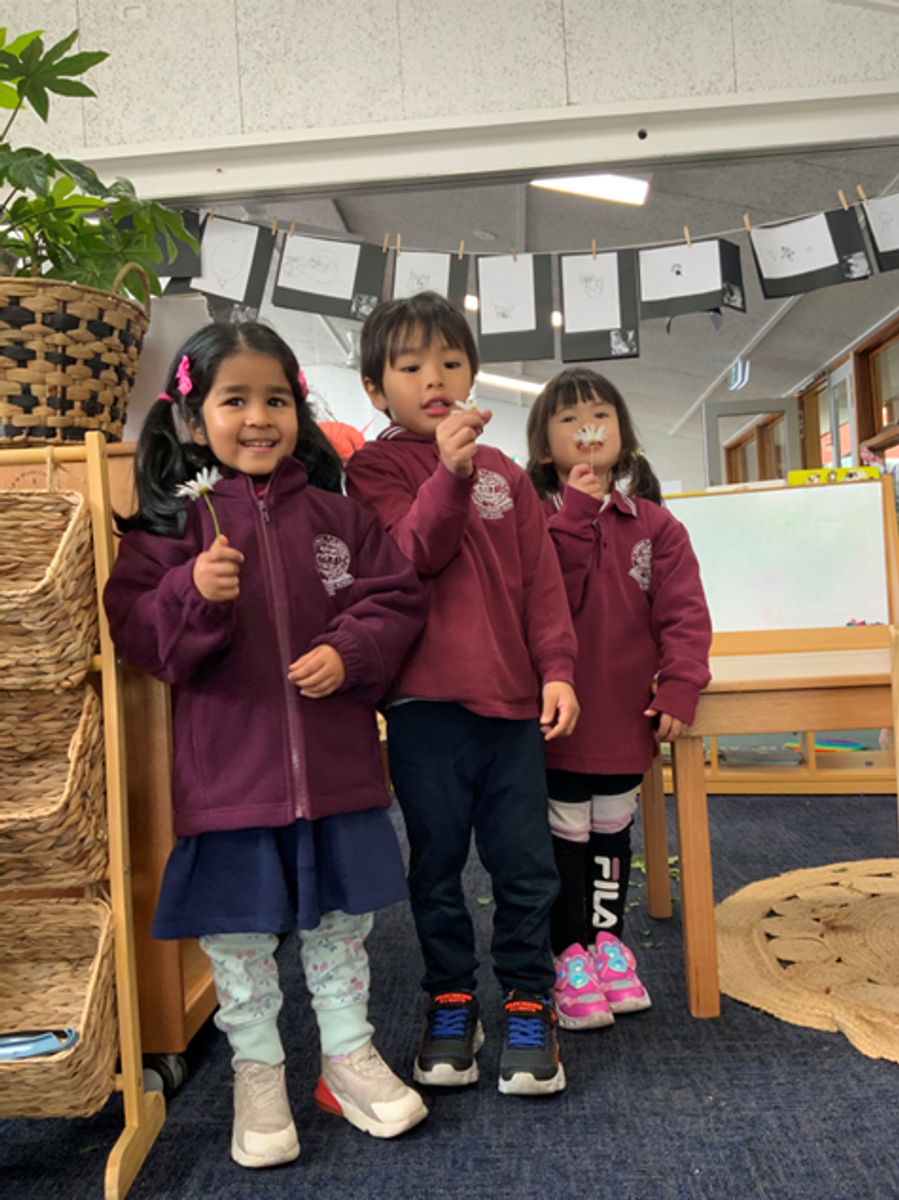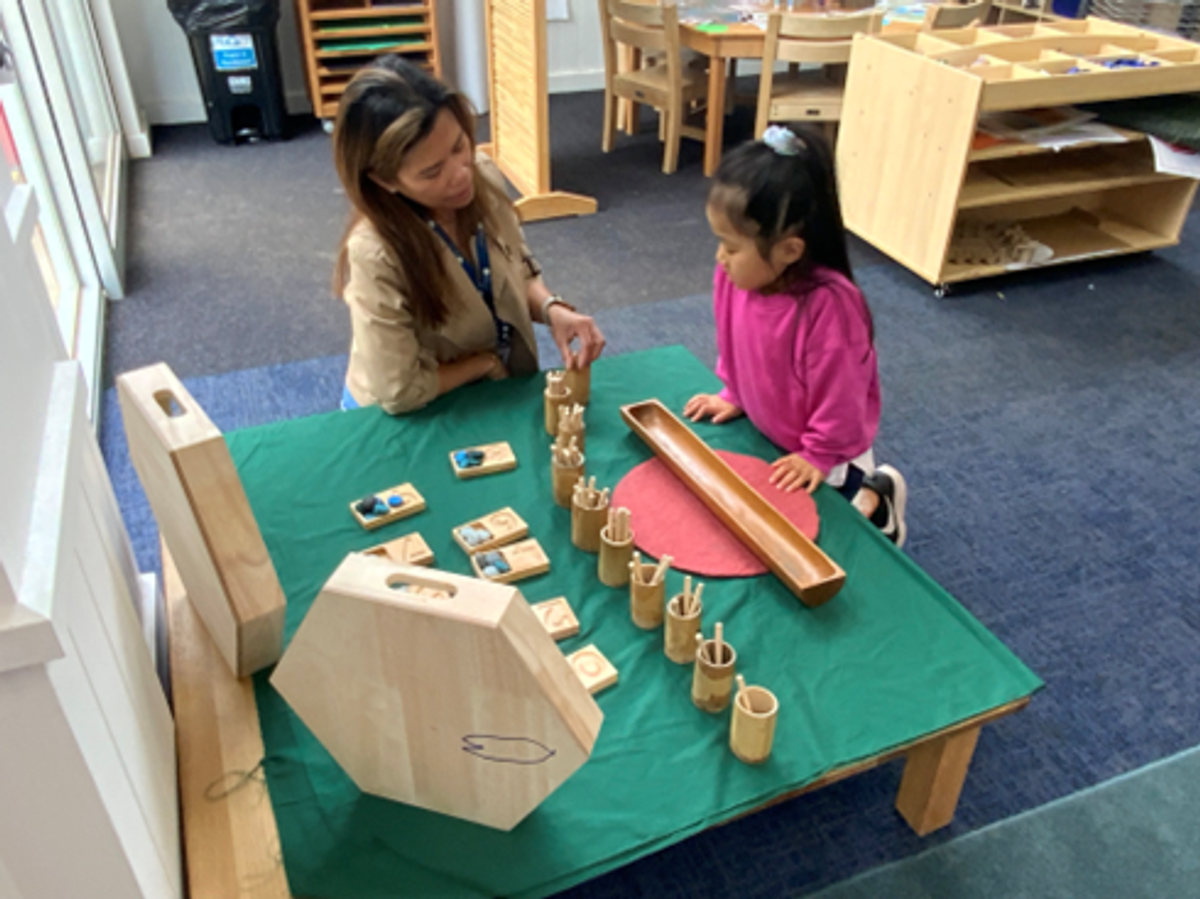Glen Education Sacred Heart

School transition planning
By Glen Sacred Heart Educational Team
In planning for the transition to school, we focus not just on the final term, but throughout the year to ensure children are well-prepared. The goal is to foster skills such as resilience, problem-solving, independence, and communication that are critical for their success in school.
Throughout the year, we have incorporated various strategies into our daily routines to ensure children are ready for the next step in their learning journey. For example, we regularly engage children in play-based activities that promote decision-making and problem-solving. This is not only enjoyable but encourages children to think critically and navigate challenges independently. In Term 4, we plan to increase these opportunities with more structured activities that help children practice self-help skills, such as managing their belongings and following instructions independently.
This year, we have also implemented activities that focus on developing the children’s fine and gross motor skills, which contribute towards school readiness. Experiences that develop a child’s fine and gross motor skills boosts their independence and self-esteem, communication skills and prepares them for being able to hold a pencil and engage in writing experiences at school. The children have been practicing writing their own name, using scissors and glue for their craft projects, experimenting with play dough and clay, building with our indoor and outdoor blocks, and engaging in sensory tray experiences.
At the beginning of term 4, we implemented a classroom into one of our learning spaces. The children have enjoyed role playing being at school, dressing up in school uniforms and sitting at the desk pretending to be in a classroom. Some of our children have even enjoyed pretending to be the teacher! Within this learning space, the children have access to writing materials where they have practiced writing on the whiteboard and on our alphabet activity pages.
Other experiences the children have engaged in which develop their motor skills include music and dance experience where the children have danced and played instruments while following the music and instructions. The children have also engaged in group games such as 'Shoe Shop', 'What’s the time Mr Wolf', 'Duck Duck Goose' and 'Hide and Seek'. These experiences contribute to the development of the children’s communication, problem-solving skills and fine and gross motor skills as they have to work together, listen to the instructions and manipulate their hands and bodies to play the instruments and complete the dance moves.
We understand that families play a crucial role in the transition process, and that’s why we make sure to maintain open, ongoing communication with them.
We regularly share updates through formal and informal conversations, detailing how we are fostering skills like independence and social-emotional resilience. For example, we may share examples of how children have shown growth in their ability to express needs or resolve conflicts with peers. This allows parents to feel informed and involved in the process, reinforcing the collaborative nature of the transition.
As we approach Term 4, we’ll intentionally create more opportunities for children to practice independence. This might include allowing them to set their own routines, take on small responsibilities, and engage in activities that require focus and perseverance, like group activities. We’ll also introduce more structured group activities that require listening and concentration, providing an environment for children to develop these skills in a supportive way.
In our multi-age setting with children aged 3 to 5, we are mindful of the diverse needs at different stages of development. Younger children are encouraged to build foundational skills like turn-taking and following simple instructions, while older children are given opportunities to refine their self-management skills and engage in more complex problem-solving activities.
By tailoring experiences to the developmental stage of each child, we ensure that all children receive the support they need to transition successfully to school, regardless of age.

